The newest registered user is гераскинс
Our users have posted a total of 48009 messages in 7050 subjects
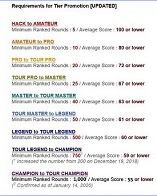
WORLD CLOCK
NAT GEO * What's worse than a hangover? Hangxiety *
Valley of the Sun Casual Club :: WORDS , FACTS , DATES , GAMES & TRIVIA & HISTORY :: NATIONAL GEOGRAPHIC
 NAT GEO * What's worse than a hangover? Hangxiety *
NAT GEO * What's worse than a hangover? Hangxiety *

There are not many proven ways to ward off hangovers. Staying hydrated can help. Alternating alcoholic drinks with water can also slow down the rate at which you're consuming alcohol. By morning all the alcohol will likely be out of your system, but its toxic byproducts remain.
PHOTOGRAPH BY ERIC HELGAS, THE NEW YORK TIMES/REDUX
What's worse than a hangover? Hangxiety. Here's why it happens.
Alcohol disrupts your brain chemistry, lowering the quantity of calming chemicals and diminishing your well-being.
If Dry January seeped into quasi-sober February and afterward you returned to full-fledged drinking, a symptom of your hangover might be anxiety. The phenomenon is common enough to have its own hashtag, #hangxiety, on social media.
Amidst the other symptoms of the day-after drinking—headache, nausea, light sensitivity, and fatigue—the anxiety component is often overlooked.
“Almost anyone who drinks any alcohol will experience alterations in their brain when they’re coming off the alcohol. With a small amount of drinking that may manifest as confusion, but after larger quantities you can have anxiety,” says David Nutt, a neuropsychopharmacologist specializing in alcohol’s effects on the brain at Imperial College London and the author of Drink? The New Science of Alcohol and Your Health.
Anxiety, which in some people manifests as irritability rather than excessive worry, can occur alongside other hangover symptoms or it can appear alone, says Edwin Kim, medical director of a psychiatric addiction treatment center at the University of Pennsylvania. “It can happen in people who are not generally anxious and in those without a formal anxiety diagnosis,” he says.
Complex brain interactions
Anxiety after drinking can be traced to why many people drink in the first place, which is to calm their social anxiety, says Nutt, who coauthored a review of the biochemical contributors to hangovers and also helped develop a new non-alcoholic beverage.
Experts say that alcohol interferes with a brain signaling chemical, or neurotransmitter, called gamma-aminobutyric acid (GABA), which plays a key role in sleep, relaxation, and calming the central nervous system. Alcohol can trigger a similar effect by binding to the proteins in the brain with which GABA typically interacts.
“This is why people feel more relaxed and disinhibited and their racing thoughts reduce when they drink,” says Stephen Holt, a professor at the Yale School of Medicine and director of the Yale-New Haven Hospital’s addiction recovery clinic. (It’s also the reason you can lose physical coordination.)
But as the alcohol augments the actions of GABA, the amount of this neurotransmitter that the body naturally produces begins to decline. “If the alcohol is cleared before GABA resets, you’re left with the anxiety you had before, and sometimes more,” Nutt says. “Now you may be anxious even when you’re not in a social situation.”
Another brain chemical, called glutamate, can further heighten anxiety. This is an excitatory neurotransmitter and works to boost activity and energy levels. But the ramped-up GABA decreases the impact of the glutamate signaling in the brain. To compensate for this dip, the brain produces additional glutamate receptors over time. As alcohol levels fall after an individual stops drinking, this surplus of glutamate signals creates a temporary high-energy, high-anxiety state.
In occasional social drinkers, the GABA and glutamate systems reset to normal sometime during the next day, and the anxiety disappears.
Dysregulation of the GABA-glutamate system is most pronounced in chronic drinkers because the brain adapts to the frequent, excessive alcohol by eliminating some GABA receptors long-term—hindering the brain’s ability to calm itself without alcohol. When chronic drinkers suddenly stop drinking it can take months to restore this system to proper functioning, Holt says.
Daily drinkers sometimes experience this effect before they down their first drink of the day. A brain anticipating the alcohol may temporarily reduce GABA levels proactively. Nutt recalls a man who was a heavy drinker who had a major panic attack on his way to the pub.
People sometimes compensate for this pre-drink anxiety by drinking earlier in the day, which leads to further GABA withdrawals, Nutt says. “Never drink to deal with the shakes or anxiety,” Nutt says. “We call that relief drinking, and that is the cycle of addiction.”
Indirect effects at play
Several other biological processes may also indirectly lead to hangxiety.
One involves the two-step process that rids the body of the alcohol. It begins when the liver metabolizes alcohol molecules into the byproduct acetaldehyde, which is a known carcinogen and is toxic to many cells. Eventually, this chemical is further broken down into acetate, the main ingredient in vinegar, which is harmlessly excreted. Most of this happens in the liver, although some occurs in the pancreas, intestines, and the brain.
Since most people metabolize one standard drink each hour, unless you’ve heavily binged into the wee hours most of the alcohol will be gone by the time you wake up in the morning. That’s not the case for the acetaldehyde.
“Throughout the day, as the acetaldehyde is excreted, your body is recovering from having been poisoned,” Holt says. Symptoms directly linked to acetaldehyde include nausea and fatigue, which can make a person irritable and anxious.
Alcohol also contributes to a poor night’s sleep. While having all that GABA in your brain makes you fall asleep, alcohol additionally disrupts the natural sleep cycle so people also feel restless during the night, Holt says. Poor sleep can make you feel cranky and wired the next day.
(That cocktail before bedtime isn’t as helpful as you think.)
Alcohol additionally reduces blood sugar, which can stress the body and trigger anxiety, Kim says. He also points to the gut microbiome as another factor because alcohol is known to irritate the intestines and to alter the microorganisms that live there.
Other factors may be involved for those who drink alcohol daily or almost daily and who experience anxiety the following day. These individuals may be suffering from alcohol withdrawal, especially if this is accompanied by physical tremors, Holt says. “By late morning or mid-day, they get the feeling that something is missing, which is the alcohol,” he says. “People then think, I need a drink to calm these racing thoughts.”
Finally, some whose anxiety might appear as a hangover symptom instead may suffer generalized anxiety, which is masked when they drink to self-medicate. When the alcohol leaves their system, the underlying anxiety reveals itself.
Hangover cures that aren’t
There are many folk remedies for hangover symptoms that include anxiety, including weird ones like drinking pickle juice or downing chicken soup, but none of them has been proven effective in research. Only one, drinking water during and after imbibing, might offer a mild benefit, because it dilutes the concentration of acetaldehyde in your bloodstream.
One supposed remedy that definitely does not help is taking acetaminophen before bed. Enzymes in the liver that are partially responsible for turning the alcohol to acetaldehyde are also involved in metabolizing acetaminophen. Popping a few Tylenol before bed diverts these enzymes and slows down alcohol’s conversion, Holt says.
The best way to prevent post-drinking anxiety, of course, is to limit your drinking to the amount recommended by the federal government, which is two drinks or less in a day for men and one for women.
(Alcohol is killing more women than ever before.)
The growing array of non-alcoholic beverages makes imbibing fewer or even no drinks a palatable option in many social settings. This includes no- or low-alcohol wines or beers as well as mocktails made from a variety of ingredients that mimic alcohol’s mouthfeel and flavor. Some products, like the one Nutt helped develop, contain herbs that enhance the GABA system and therefore increase relaxation without putting alcohol into the body.
While nearly everyone overdoes their alcohol consumption occasionally, at a wedding or other special occasions, for example, people who experience post-drinking anxiety on a regular basis may want to take this as a sign they might cut back. “The less you’re introducing a substance such as alcohol,” Kim says, “the less likely you are going to suffer the consequences.”
Valley of the Sun Casual Club :: WORDS , FACTS , DATES , GAMES & TRIVIA & HISTORY :: NATIONAL GEOGRAPHIC

 Events
Events






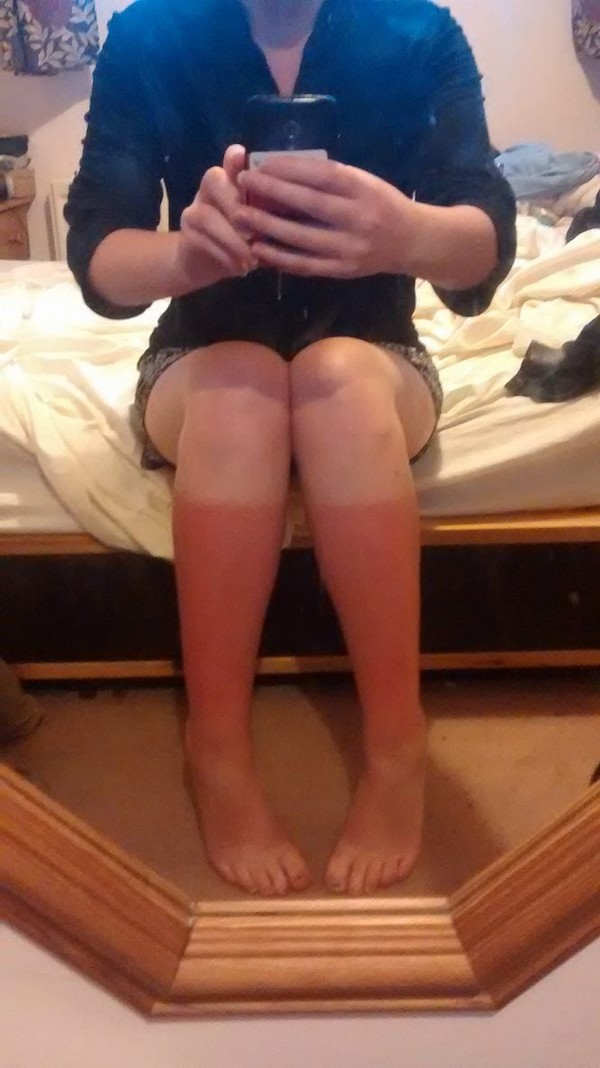
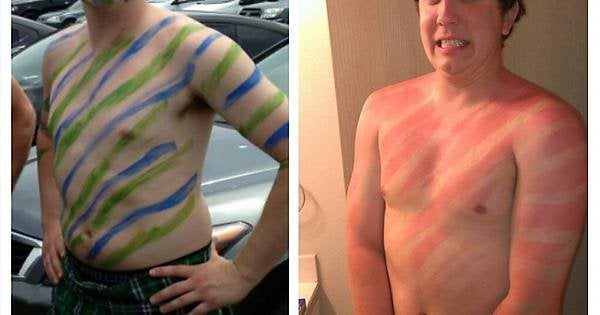
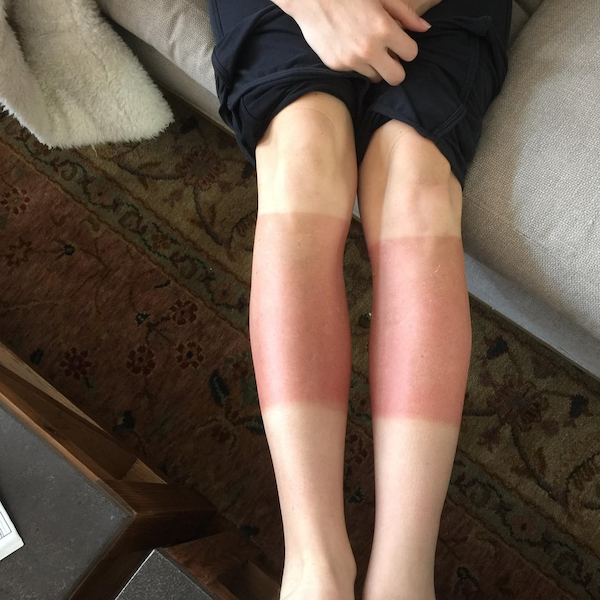
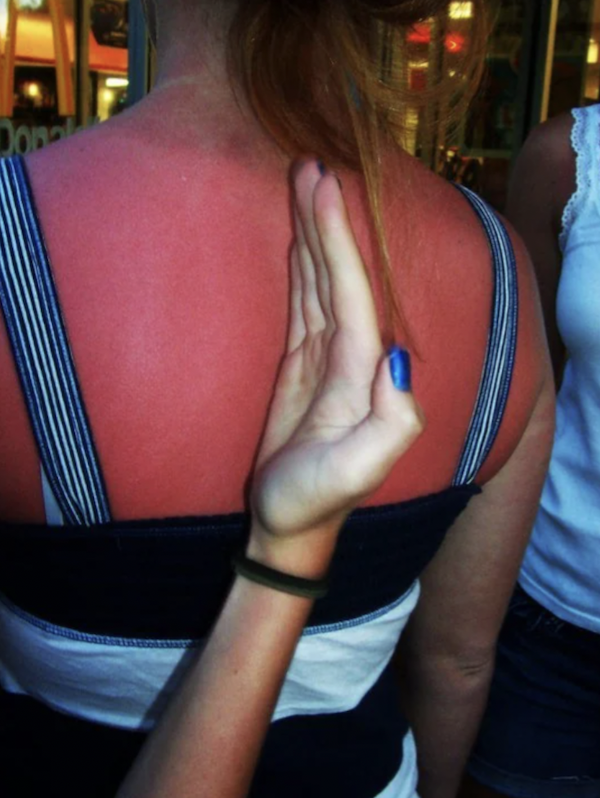

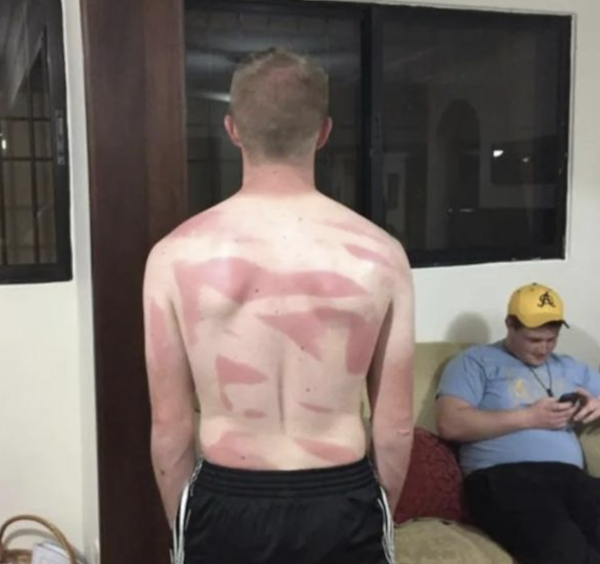
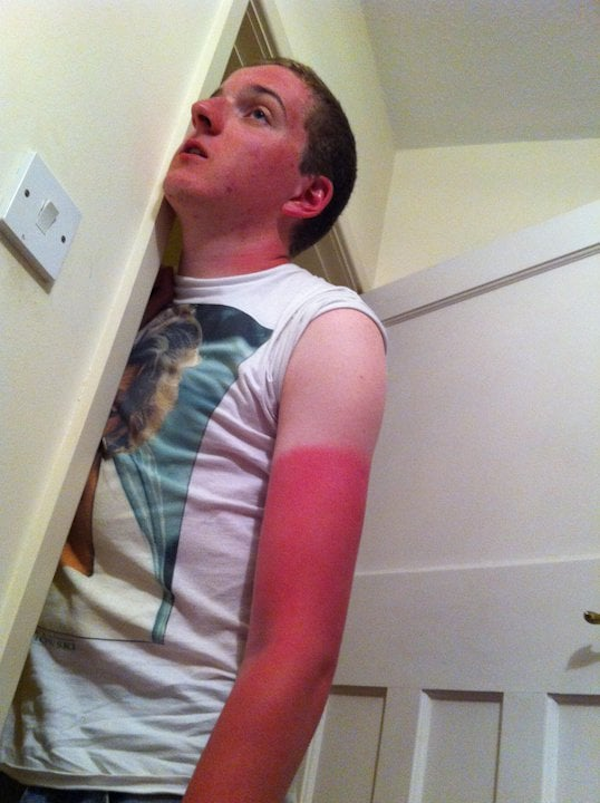
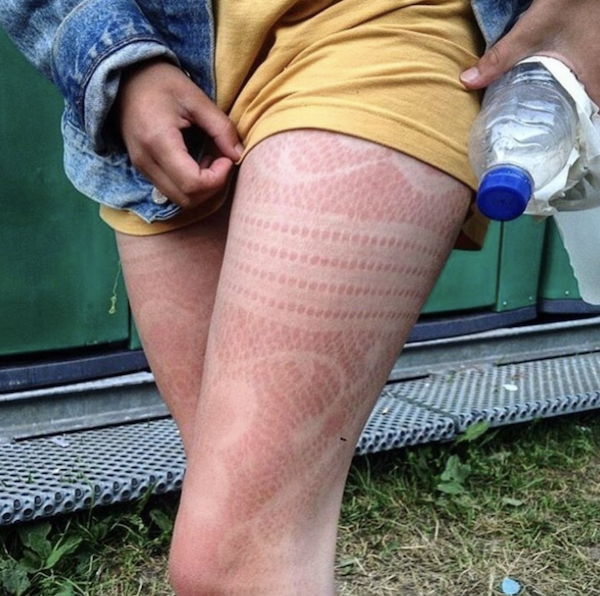



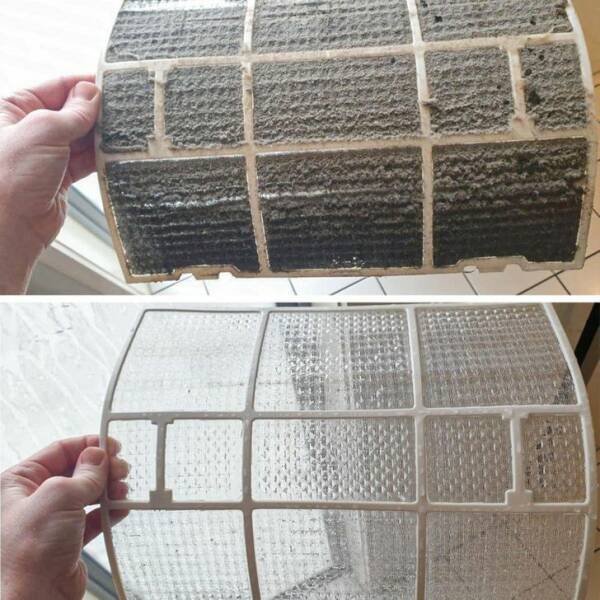
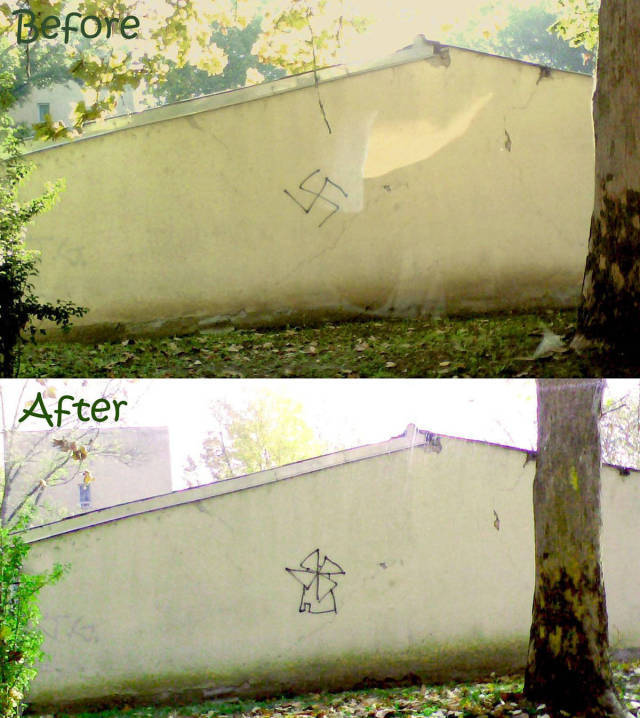

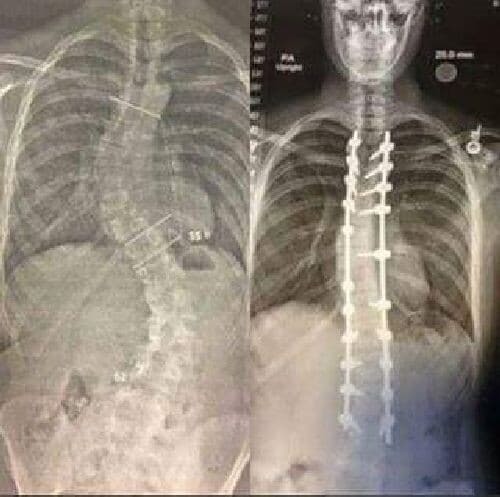



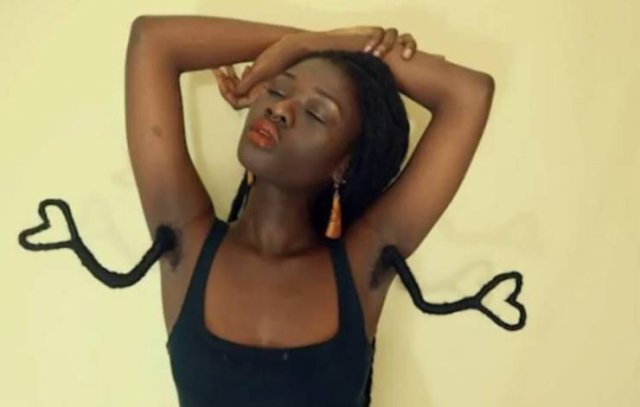
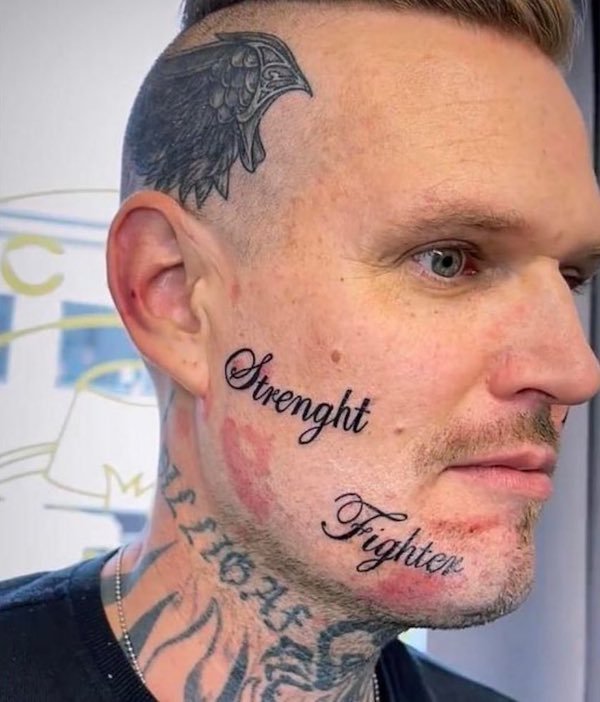

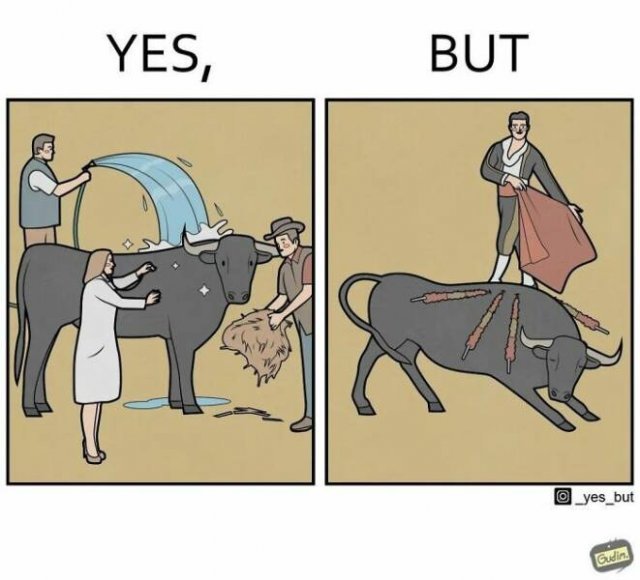
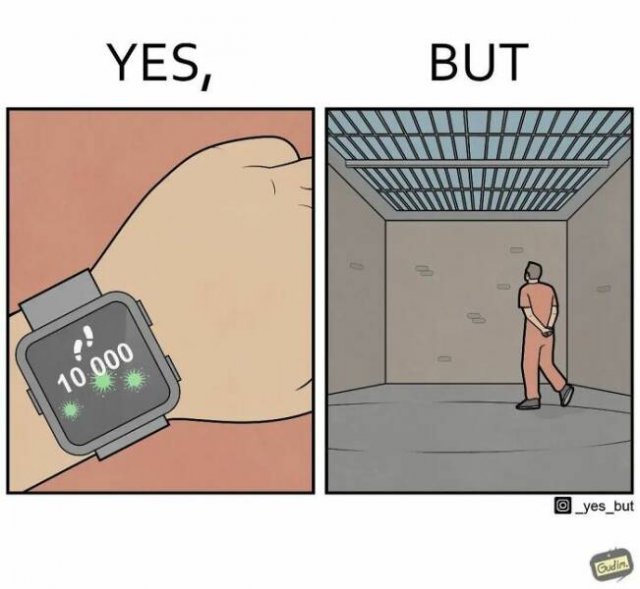
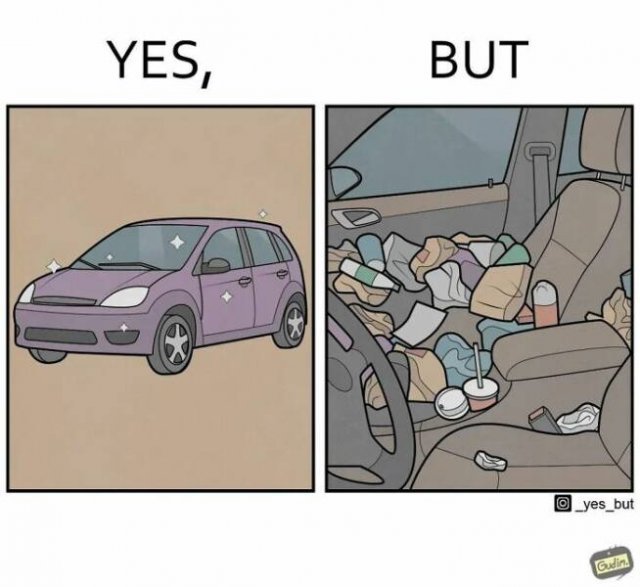
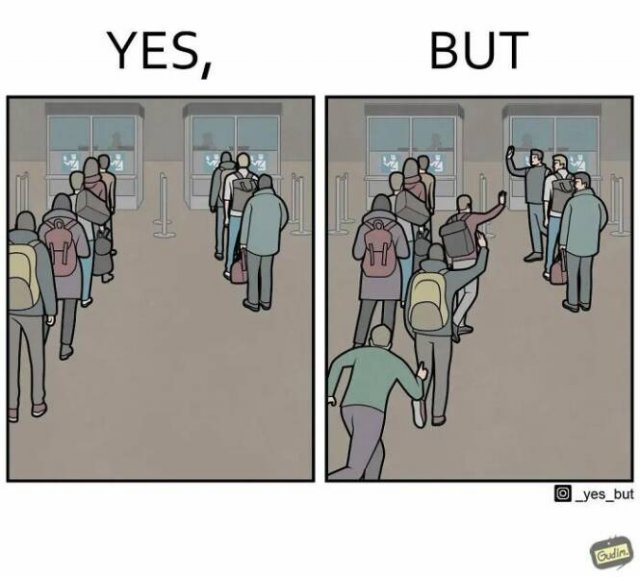
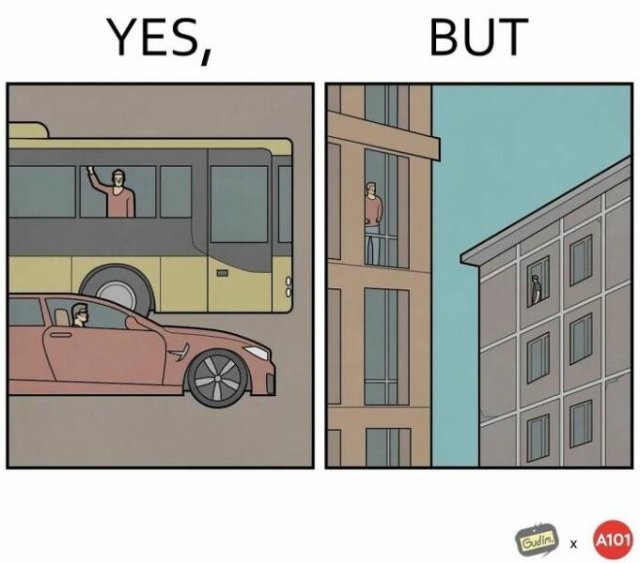
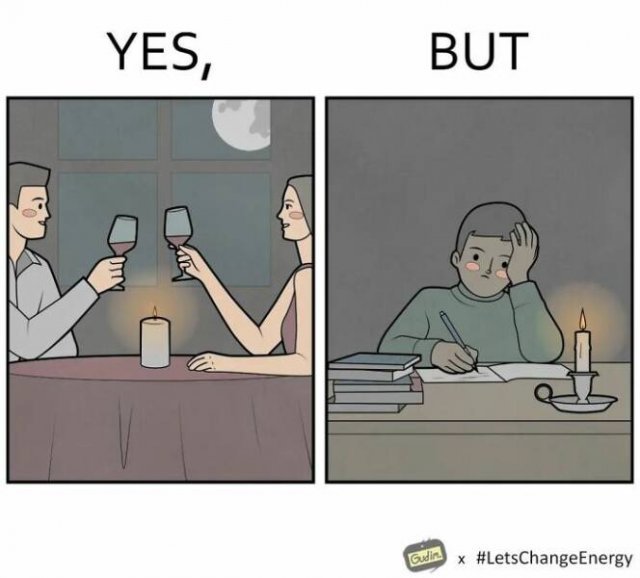
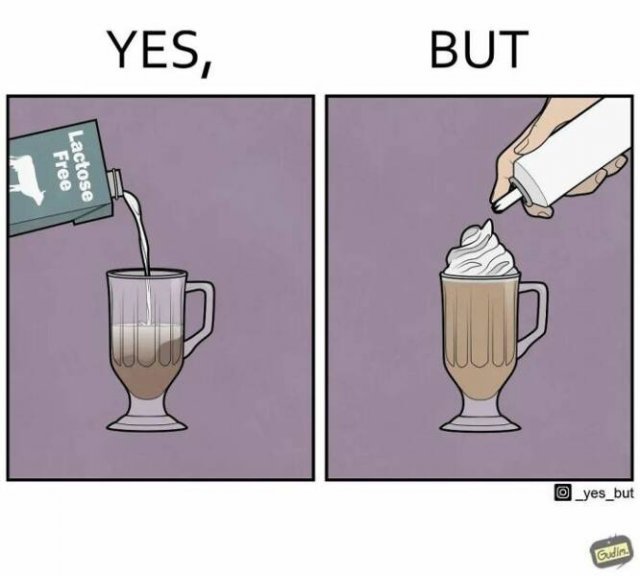

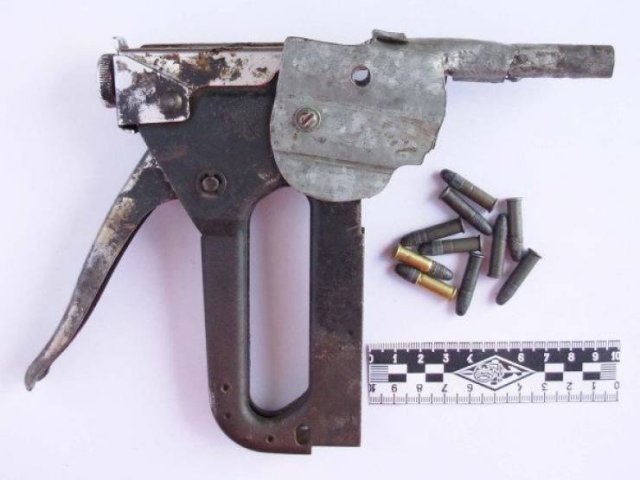



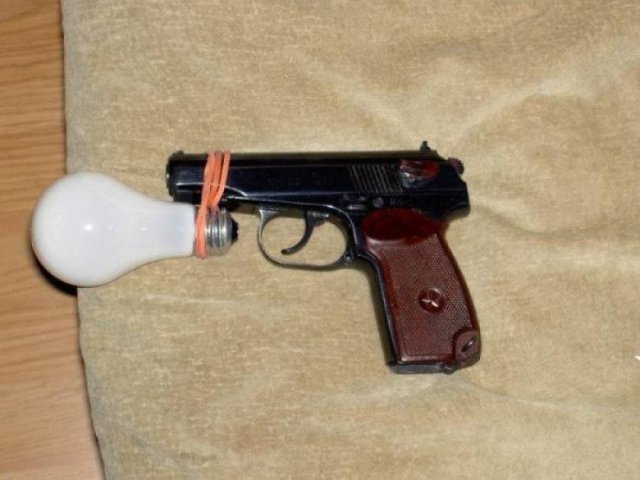

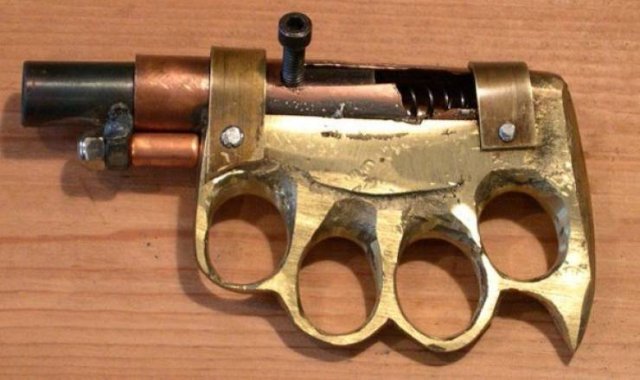

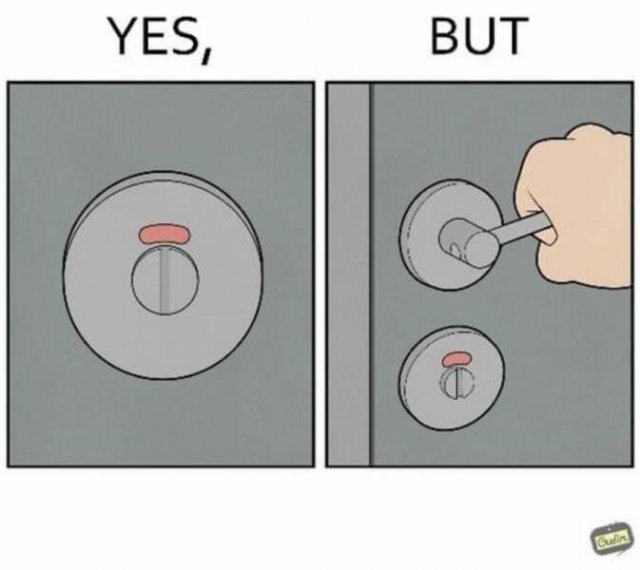

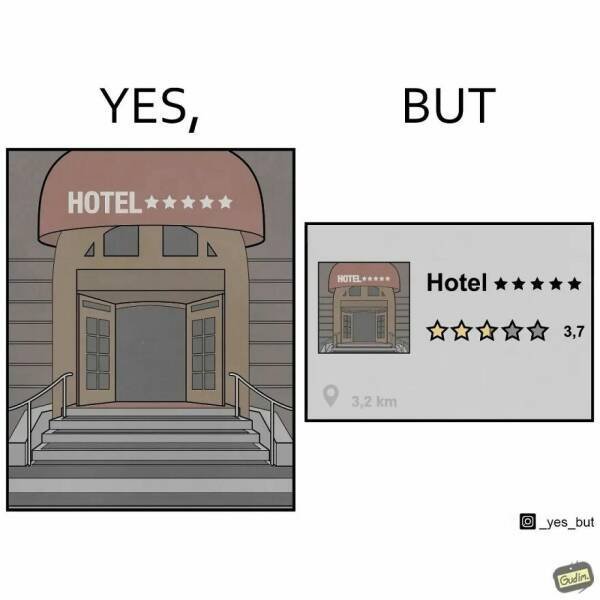
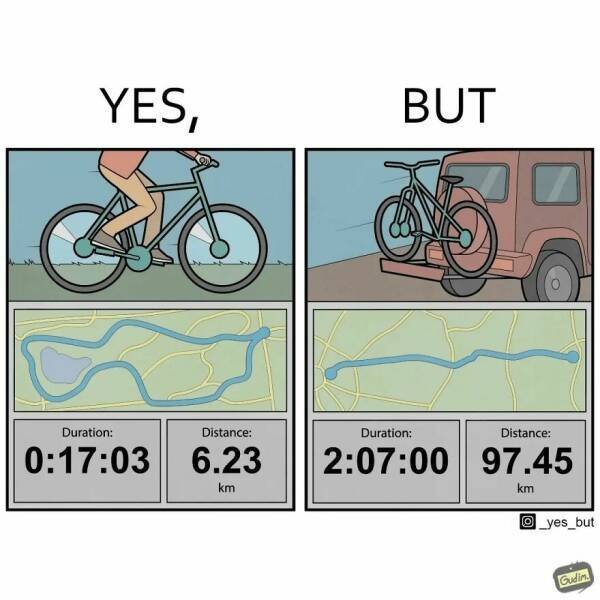
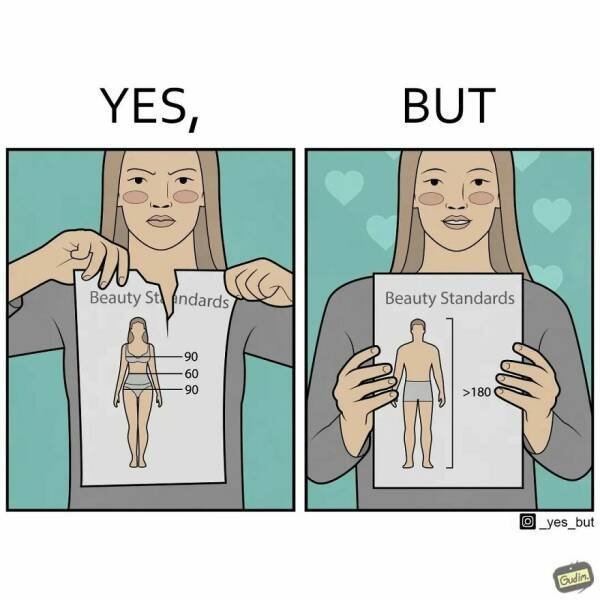
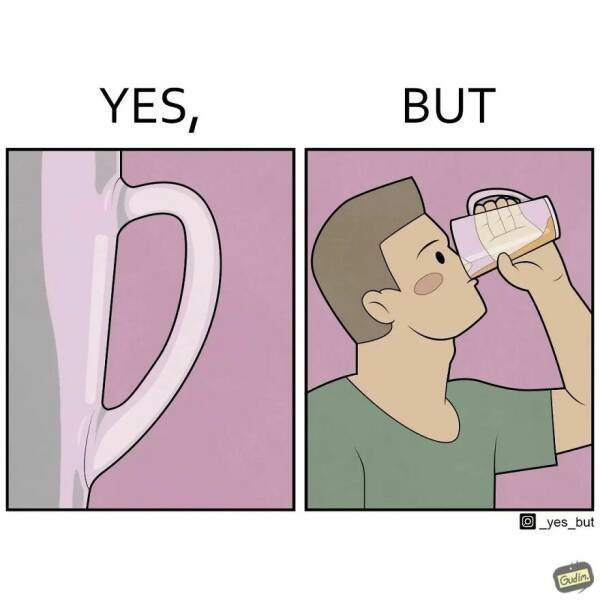
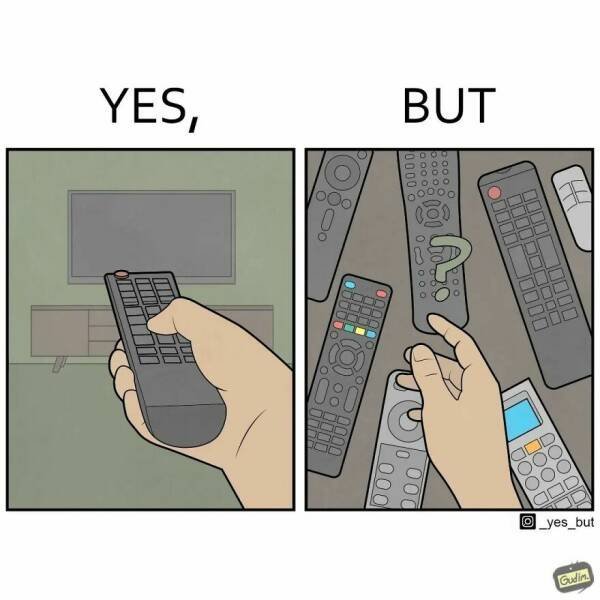
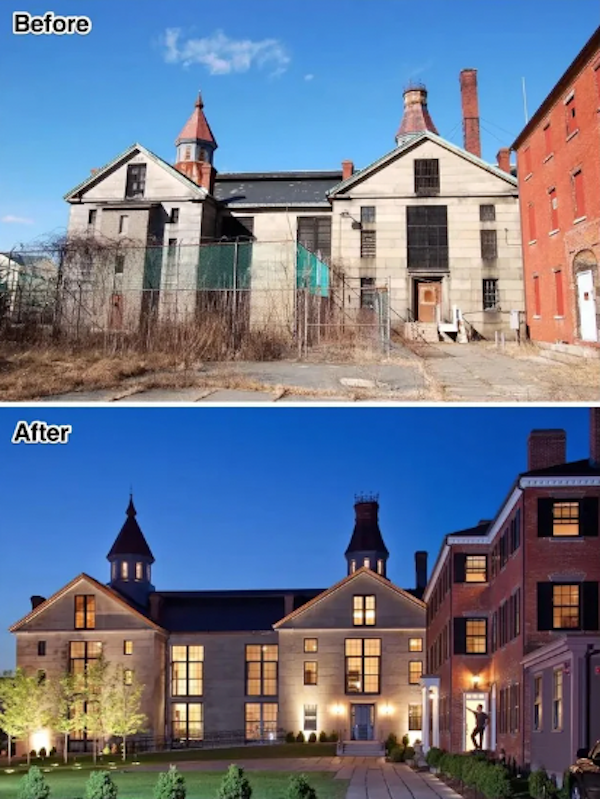

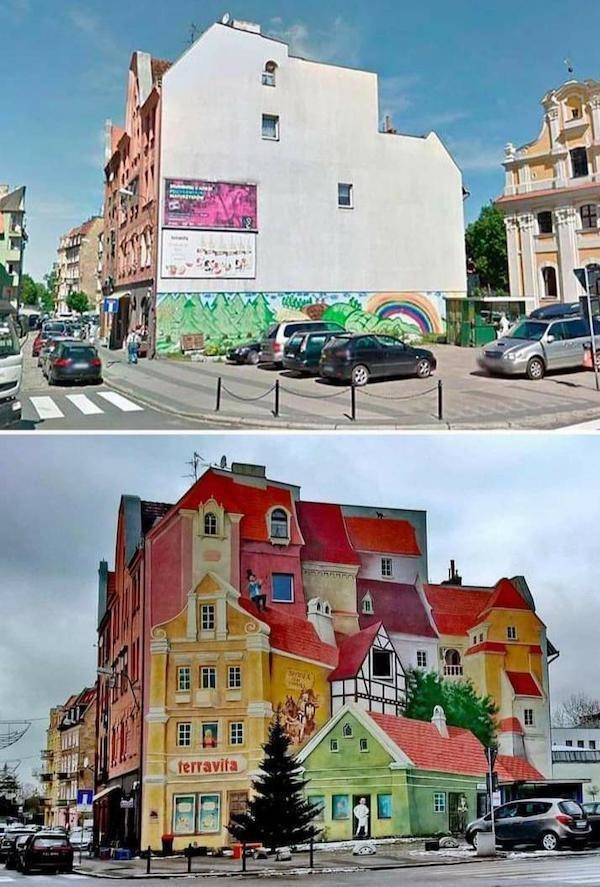











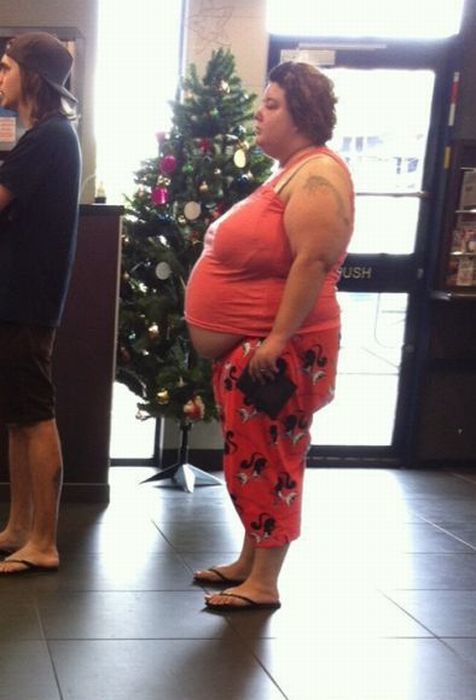
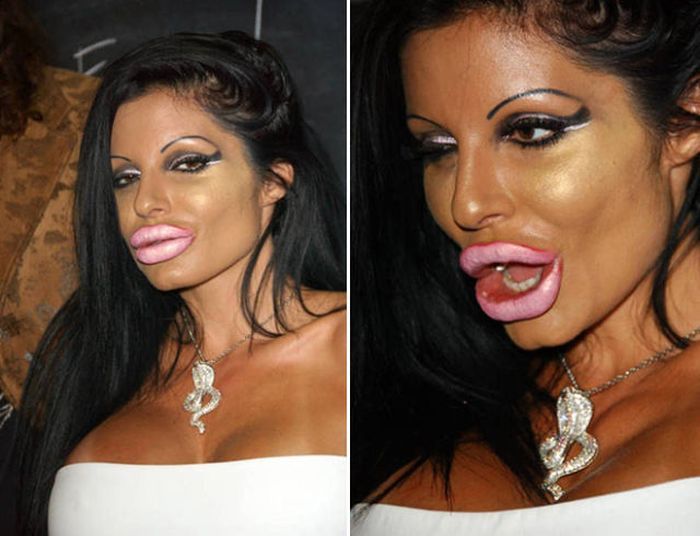
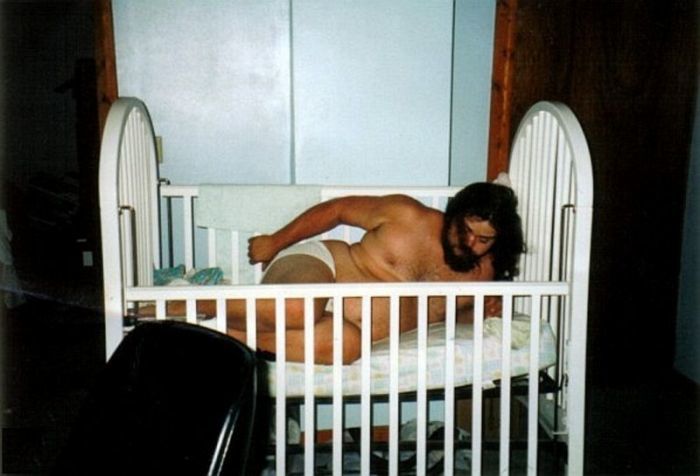
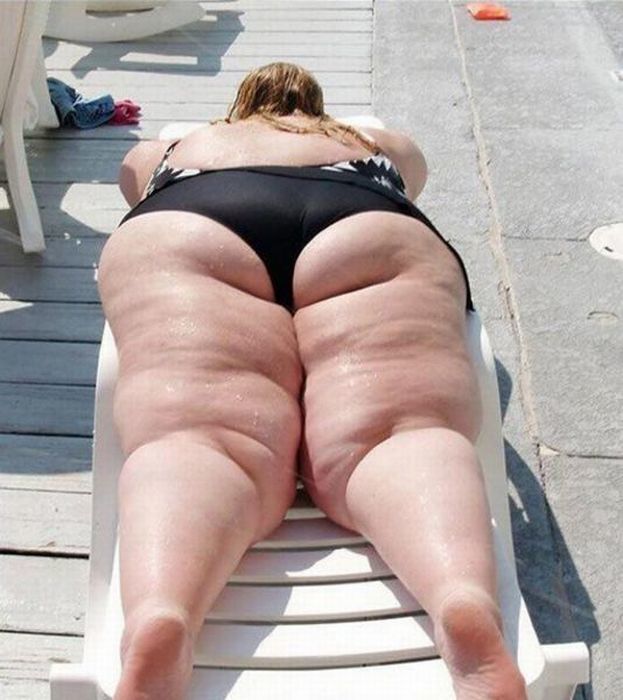
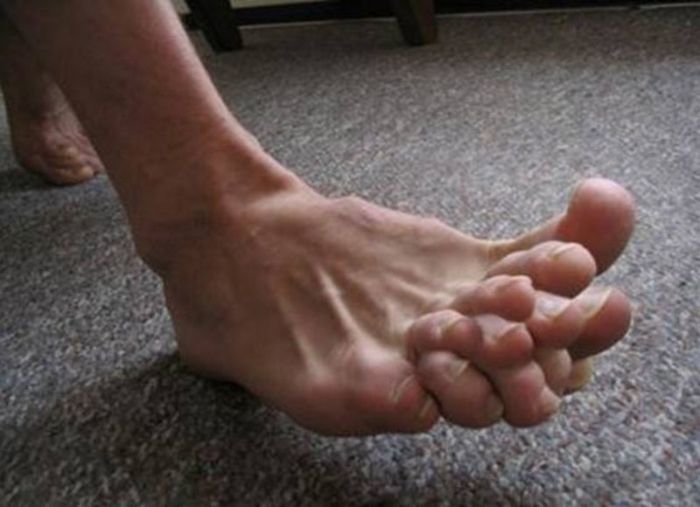





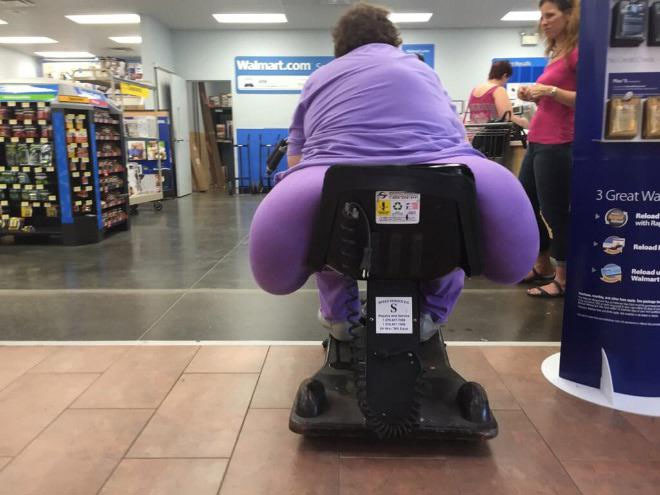




» INTRO TO WORD SMARTS
» PINTEREST ICONIC COMIX
» HISTORY FACTS * Gold wasn't always the top Olympic medal *
» Word Genius Word of the day * occlude *
» JULY NATIONAL CELEBRATION DAYS JULY 26 2024
» QUIZ TREAT QUIZ *Which mammal has the most powerful bite? *
» QUIZ TREAT ANSWER PAGE
» NAT GEO * The 2024 Olympics will likely be the hottest ever *
» NAT GEO * Sharks found with cocaine in their systems *
» WISE TRIVIA QUIZ *What was the first song ever played on the radio? *
» WISE TRIVIA ANSWER PAGE
» E.S.Etaski * Sister Seekers Book 10 now available everywhere! *
» WORD DAILY Word of the Day: * literatim *
» JULY NATIONAL CELEBRATION DAYS JULY 25 2024